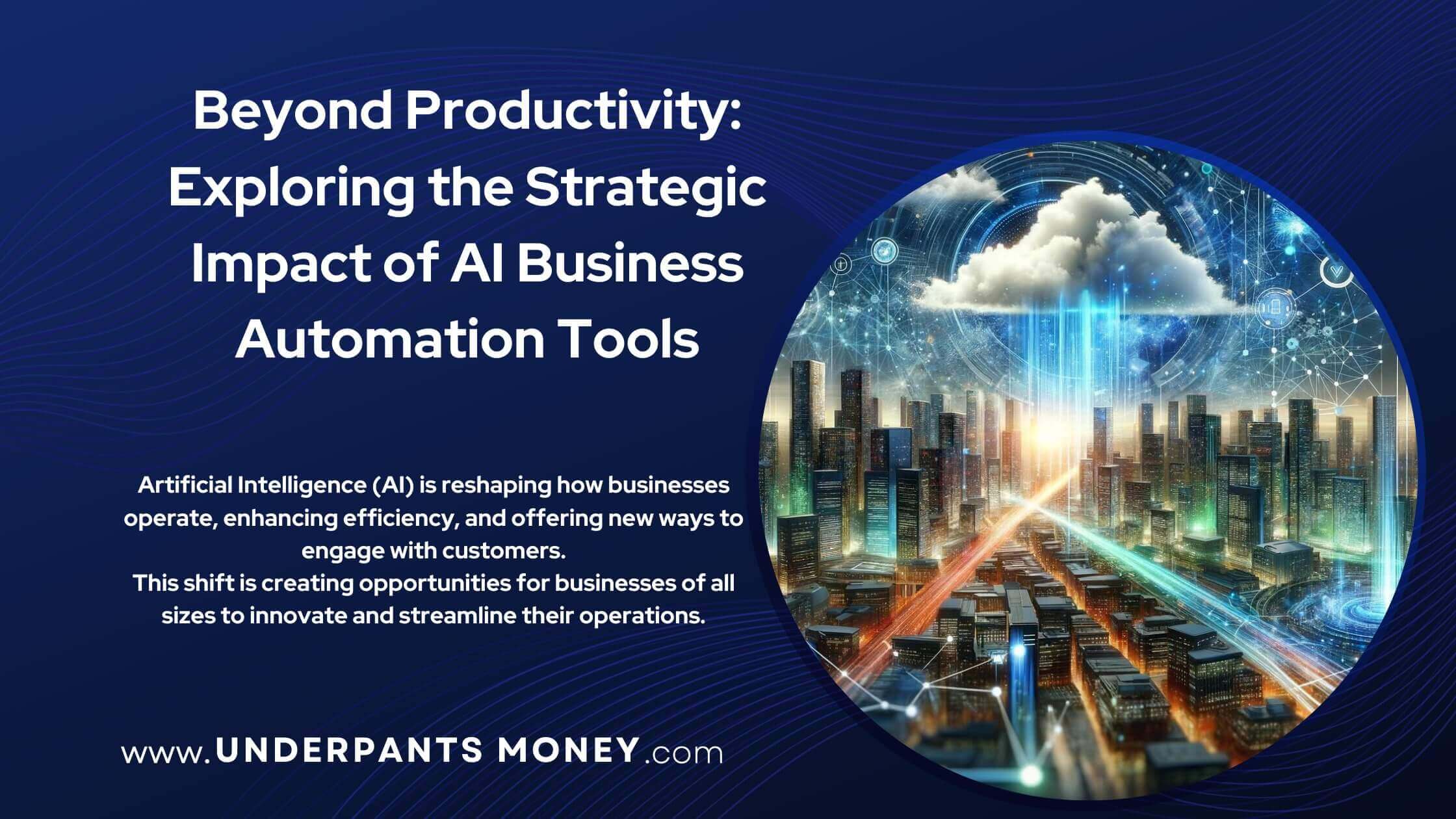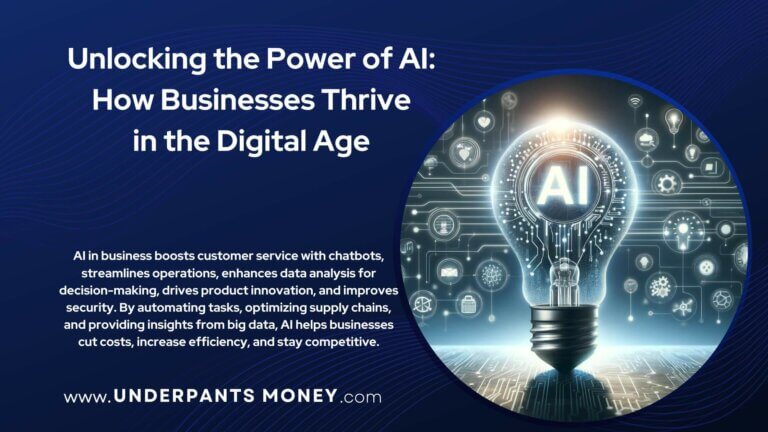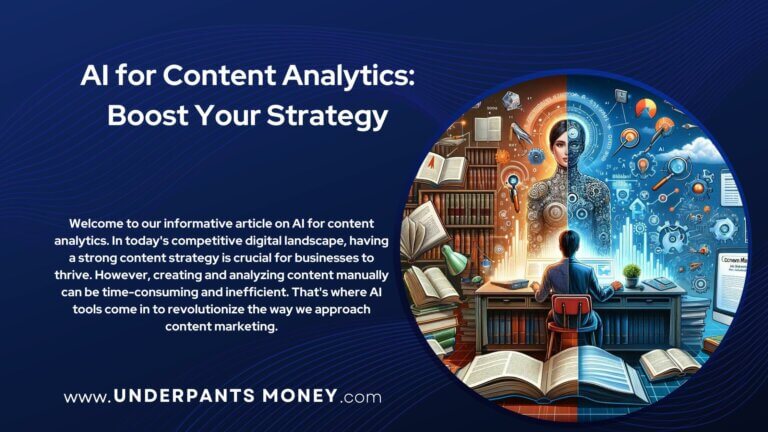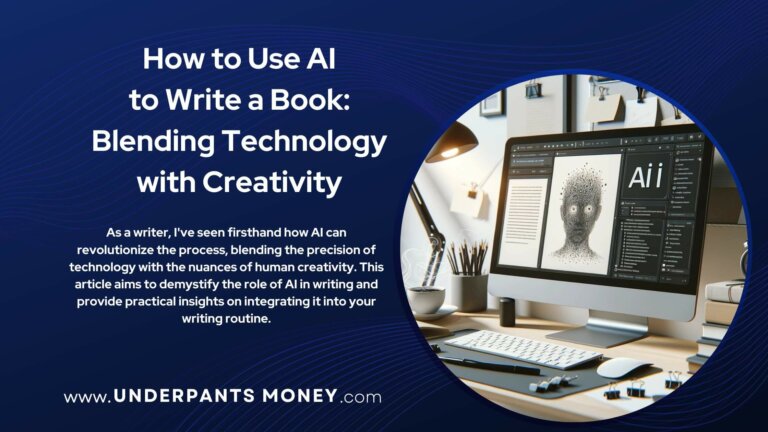Beyond Productivity: Exploring the Strategic Impact of AI Business Automation Tools

Artificial Intelligence (AI) is reshaping how businesses operate, enhancing efficiency, and offering new ways to engage with customers. Through AI, companies can automate complex tasks, sift through data for actionable insights, and personalize customer interactions, all with reduced human oversight. This shift is creating opportunities for businesses of all sizes to innovate and streamline their operations.
The AI market’s growth is a clear indicator of its impact, with projections estimating it will reach $299.64 billion by 2026. This significant increase highlights AI’s critical role across various business aspects, from operational processes to strategic decision-making. AI tools like chatbots are becoming standard features on websites, providing instant customer support and improving user experiences without constant human monitoring.
AI’s contribution to operational efficiency is noteworthy, with predictions suggesting a potential 40% increase in productivity by 2035. Beyond efficiency, AI enables businesses to better understand their customers, predict market trends, and make informed decisions quickly. This capacity to analyze and act on data with precision is what sets AI apart as a valuable asset for businesses looking to maintain a competitive edge in a rapidly evolving digital landscape.
In essence, AI in business automation is more than a technological upgrade; it’s a strategic enhancement that affects every level of an organization. As we delve deeper into the specifics, we’ll explore how AI is not only changing existing processes but also creating new opportunities for growth and innovation.
What Are Business Automation Tools?
AI business automation tools are software solutions that leverage artificial intelligence technologies, such as machine learning and natural language processing, to automate complex business tasks. These tools enhance operational efficiency, streamline decision-making processes, and improve customer engagement by automating routine tasks, analyzing large datasets for insights, and providing personalized experiences.
Key Takeaways: Navigating AI Business Automation
- Strategic Impact of AI: AI is pivotal for strategic decision-making, enhancing operational efficiency, offering insights from data, and personalizing customer experiences.
- Growth and Adoption Trends: The AI market is on a significant upward trajectory, with diverse industries adopting AI to stay competitive and innovative.
- Implementation Challenges: Successful AI integration requires overcoming technical, ethical, and skill-related challenges to ensure responsible and effective use.
- Real-World Successes: Across sectors like retail, manufacturing, healthcare, and finance, AI drives efficiency, satisfaction, and innovation, showcasing its transformative potential.
- Future Opportunities: Upcoming trends highlight deeper AI integration, advancements in natural language processing, ethical AI practices, and the merging of AI with IoT, presenting new growth avenues.
Key Areas of Impact by AI Automation Tools

Operational Efficiency
AI tools streamline complex workflows, making businesses more efficient. For example, robotic process automation (RPA) takes over repetitive tasks from human employees, allowing them to focus on more strategic activities. IBM reports significant reductions in processing times and errors in companies adopting RPA, showcasing AI’s role in enhancing productivity.
Customer Experience and Engagement
Personalization is key in today’s market, and AI is at the forefront of this revolution. Tools like Salesforce’s Einstein analyze customer data to provide personalized experiences across touchpoints. Salesforce research indicates businesses using Einstein see increased customer engagement and higher satisfaction scores, proving AI’s value in driving customer-centric strategies.
Data Analysis and Decision Making
AI transforms vast amounts of data into actionable insights. Google Cloud’s BigQuery, a powerful data analytics platform, enables businesses to process data queries at incredible speeds, uncovering trends and patterns that inform strategic decisions. Companies leveraging BigQuery have observed improved decision-making processes, with Google case studies highlighting its impact on growth and efficiency.
Innovation and Competitive Advantage
AI is a catalyst for innovation. Amazon Web Services (AWS) offers machine learning services that companies use to develop new products and services. By utilizing AWS’s machine learning capabilities, businesses have accelerated their innovation cycles, creating solutions that keep them ahead of the competition.
Challenges and Considerations in Implementing AI Automation
While AI automation tools offer numerous benefits, their implementation is not without challenges. Understanding these hurdles is crucial for businesses to effectively leverage AI technologies.

Integration with Existing Systems
One of the primary challenges businesses face is integrating AI tools with their current technological infrastructure. Seamless integration is essential for maximizing efficiency and effectiveness. For instance, transitioning from traditional data management systems to AI-driven platforms requires meticulous planning and execution. Businesses often need to overhaul their existing workflows, which can be time-consuming and resource-intensive.
Read McKinsey’s insights on AI, automation, and the future of work.
Ethical and Privacy Concerns
The use of AI also raises important ethical and privacy issues. As AI systems process vast amounts of data, including personal information, businesses must ensure they comply with data protection regulations such as GDPR in Europe. There’s a growing demand for transparent AI systems that users can trust. Companies like IBM and Microsoft are actively working on developing more transparent AI technologies, emphasizing the importance of ethical AI development.
Skill Gaps and Training Needs
The AI revolution demands a workforce skilled in new technologies. However, there is a significant gap between the demand for AI expertise and the available talent pool. Businesses are now investing in training programs to upskill their employees. Google, for example, offers AI and machine learning courses to help professionals and students alike develop the necessary skills to work with AI technologies.
Economic and Social Implications
Implementing AI automation can have broad economic and social implications, including job displacement. While AI is expected to create new job categories, it may also render some roles obsolete. This transition poses a challenge for society at large, requiring measures to support workforce adaptation and re-skilling.
Ensuring AI Alignment with Business Goals
Finally, businesses must ensure that their AI initiatives align with overall strategic objectives. The deployment of AI should be driven by clear business needs and goals, rather than adopting AI for its own sake. This requires careful planning, strategy development, and ongoing evaluation to ensure that AI tools deliver real value.
Navigating these challenges requires a strategic approach, careful planning, and a commitment to continuous learning and adaptation. By addressing these considerations, businesses can fully harness the potential of AI automation tools to drive innovation and competitive advantage.
Case Studies: Success Stories of AI Automation in Business
The transformative impact of AI business automation tools is best illustrated through real-world success stories. Here are a few case studies that highlight how businesses across various sectors have leveraged AI to drive significant outcomes.
Retail Revolution: Personalized Shopping Experiences
In the retail sector, AI has been a game-changer for providing personalized shopping experiences. For example, an online fashion retailer implemented an AI-powered recommendation engine to suggest products to customers based on their browsing and purchase history. This not only improved the shopping experience for customers but also significantly increased sales and customer retention rates.
Manufacturing Efficiency: Predictive Maintenance
A leading manufacturer of industrial equipment used AI to predict when machines were likely to fail, scheduling maintenance before breakdowns could occur. This predictive maintenance approach, powered by AI’s ability to analyze data from sensors on the equipment, reduced downtime by over 30% and saved the company millions in lost productivity.
Healthcare Innovation: Enhancing Patient Care
In healthcare, an AI-driven platform was developed to assist doctors in diagnosing diseases by analyzing medical images with greater accuracy than traditional methods. This tool helped reduce diagnostic errors and provided patients with faster access to treatment, showcasing AI’s potential to save lives and improve healthcare outcomes.
Financial Services: Fraud Detection
A global bank implemented AI algorithms to detect fraudulent transactions in real-time, significantly reducing the incidence of financial fraud. By analyzing patterns and detecting anomalies in transaction data, the bank was able to prevent millions in losses annually and enhance the security of its customers’ accounts.
Customer Service: AI Chatbots
Many businesses have introduced AI chatbots to handle customer inquiries, providing instant responses 24/7. One notable example is a telecommunications company that deployed a chatbot to manage routine customer service questions, freeing up human agents to tackle more complex issues. This led to improved customer satisfaction scores and a reduction in call center operating costs.
These case studies underscore the versatility and strategic value of AI business automation tools. By leveraging AI, companies can not only optimize their operations but also create new value propositions and competitive advantages in their industries.

Future Trends in AI Business Automation
As we look to the future, AI business automation is poised to further revolutionize industries, reshaping the landscape of work, innovation, and competition. Here are some key trends that are expected to shape the future of AI in business:
Increasing Integration Across Functions
AI will become even more integrated across various business functions, breaking down silos between departments such as marketing, operations, and customer service. This will enable a more cohesive strategy where AI-driven insights inform decisions across the board, leading to more synchronized and efficient operations.
Advancements in Natural Language Processing (NLP)
NLP technologies will become more sophisticated, allowing AI systems to understand and generate human language with greater accuracy. This will not only improve the effectiveness of AI chatbots and virtual assistants but also open up new avenues for AI applications in content creation, legal document analysis, and more complex customer interactions.
Ethical AI and Transparency
As the use of AI expands, there will be a greater focus on ethical AI and transparency. Businesses will need to address concerns around bias, privacy, and accountability in AI systems. This will involve the development of clearer guidelines and standards for AI use, as well as technologies that can explain AI decisions in understandable terms.
AI and IoT Convergence
The convergence of AI with the Internet of Things (IoT) will enable smarter, more connected environments. From smart factories to intelligent urban planning, the combination of AI’s analytical power with real-time data from IoT devices will lead to more efficient and responsive systems.
Democratization of AI
AI tools and platforms will become more accessible to businesses of all sizes, not just large enterprises. This democratization of AI will empower smaller companies to leverage AI technologies, leveling the playing field and fostering innovation across industries.
Predictive Analytics and Decision Making
Predictive analytics will become more advanced, allowing businesses to anticipate market trends, customer behaviors, and potential risks with greater accuracy. This will aid in strategic planning and risk management, giving businesses a competitive edge in rapidly changing markets.
The future of AI in business automation holds immense potential. By staying abreast of these trends and embracing AI technologies, businesses can unlock new opportunities for growth, innovation, and competitive advantage.
Wrap Up
The journey through the realms of AI business automation reveals a landscape where technology’s potential to reshape industries is boundless. AI is not just a tool for operational efficiency; it’s a catalyst for transformation, enabling businesses to navigate the complexities of the digital age with agility and strategic foresight.
Embracing AI requires more than just technological investment; it demands a strategic vision that aligns with the core values and goals of the business. Those who navigate this transition thoughtfully and ethically will not only thrive but also lead the charge into a new era of digital transformation.
As we close this exploration of AI business automation tools, it’s clear that the future belongs to those who embrace the AI revolution, leveraging its power to create more efficient, innovative, and customer-centric businesses. The journey is just beginning, and the possibilities are endless.
FAQ Section
What are AI business automation tools?
AI business automation tools are software solutions that use artificial intelligence, such as machine learning and natural language processing, to automate complex business tasks, analyze data, enhance decision-making, and improve customer interactions.
How do AI automation tools improve operational efficiency?
AI automation tools streamline operations by taking over repetitive and time-consuming tasks, allowing human employees to focus on higher-value activities. This not only speeds up processes but also reduces errors, leading to more efficient business operations.
Can small businesses benefit from AI automation?
Absolutely. Small businesses can leverage AI automation tools to optimize their operations, personalize customer service, and make data-driven decisions, often with minimal investment. These tools can level the playing field, allowing small businesses to compete with larger companies.
What are some challenges of implementing AI in business?
Challenges include integrating AI with existing systems, addressing ethical and privacy concerns, managing the cost of implementation, and ensuring employees have the necessary skills to work alongside AI technologies.
What is the future of AI in business automation?
The future of AI in business automation includes more advanced natural language processing, ethical AI development, increased accessibility for businesses of all sizes, and the integration of AI with other technologies like the Internet of Things (IoT). These advancements are expected to drive further innovation and efficiency in business processes.






